Trade Is Not A Four Letter Word: How Six Everyday Products Make the Case for Trade
By Fred Hochberg
Category
EconomicsRecommended by
"Trade Is Not A Four Letter Word" by Fred Hochberg
In this thought-provoking and timely book, Fred Hochberg, former chairman of the Export-Import Bank of the United States, challenges the prevailing negative perception of trade. He asserts that trade is a vital tool for economic growth, job creation, and global stability, debunking common misconceptions around its impact.
Hochberg draws upon his extensive experience to present compelling evidence that trade can be a force for good, empowering developing nations, promoting innovation, and reducing poverty. He emphasizes the need for fair and inclusive trade policies that address inequality and protect workers' rights, while also highlighting the indispensable role of globalization in advancing human rights and democratic values.
Addressing concerns about job displacement and environmental degradation, Hochberg advocates for responsible trade practices that prioritize sustainability and create win-win situations. He examines case studies from different industries and countries to illustrate the positive outcomes of smart trade policies, demonstrating how nations can navigate globalization's challenges while reaping its benefits.
With his clear and persuasive arguments, Hochberg counters the protectionist rhetoric and calls for a more progressive approach to trade that embraces international cooperation. He provides practical solutions for improving trade agreements, enhancing regulatory frameworks, and fostering economic inclusivity, arguing that trade should be viewed as a tool for shared prosperity and global stability.
"Trade Is Not A Four Letter Word" is an essential read for policymakers, economists, business leaders, and anyone interested in understanding the complex dynamics of global trade. Hochberg's insightful analysis challenges conventional wisdom and offers a compelling vision for reshaping trade relations in the 21st century.
In this thought-provoking and timely book, Fred Hochberg, former chairman of the Export-Import Bank of the United States, challenges the prevailing negative perception of trade. He asserts that trade is a vital tool for economic growth, job creation, and global stability, debunking common misconceptions around its impact.
Hochberg draws upon his extensive experience to present compelling evidence that trade can be a force for good, empowering developing nations, promoting innovation, and reducing poverty. He emphasizes the need for fair and inclusive trade policies that address inequality and protect workers' rights, while also highlighting the indispensable role of globalization in advancing human rights and democratic values.
Addressing concerns about job displacement and environmental degradation, Hochberg advocates for responsible trade practices that prioritize sustainability and create win-win situations. He examines case studies from different industries and countries to illustrate the positive outcomes of smart trade policies, demonstrating how nations can navigate globalization's challenges while reaping its benefits.
With his clear and persuasive arguments, Hochberg counters the protectionist rhetoric and calls for a more progressive approach to trade that embraces international cooperation. He provides practical solutions for improving trade agreements, enhancing regulatory frameworks, and fostering economic inclusivity, arguing that trade should be viewed as a tool for shared prosperity and global stability.
"Trade Is Not A Four Letter Word" is an essential read for policymakers, economists, business leaders, and anyone interested in understanding the complex dynamics of global trade. Hochberg's insightful analysis challenges conventional wisdom and offers a compelling vision for reshaping trade relations in the 21st century.
Share This Book 📚
More Books in Economics
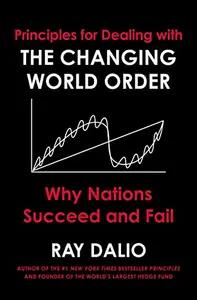
Principles for Dealing With The Changing World Order
Ray Dalio
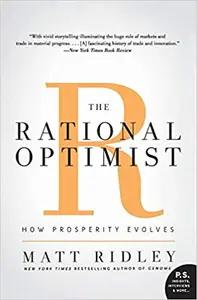
The Rational Optimist
Matt Ridley
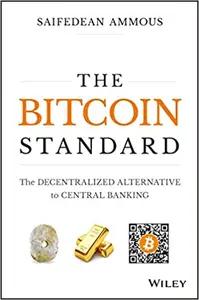
The Bitcoin Standard
Saifedean Ammous
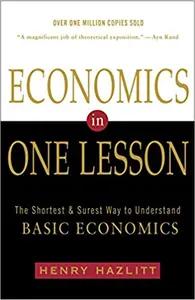
Economics in One Lesson
Henry Hazlitt
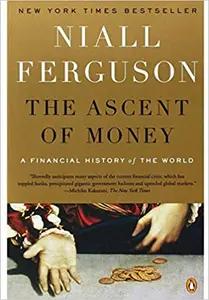
The Ascent of Money
Niall Ferguson
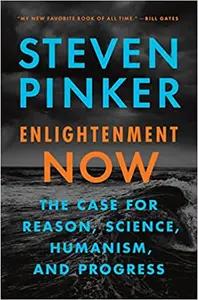
Enlightenment Now
Steven Pinker
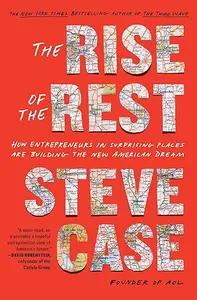
The Rise of the Rest
Steve Case
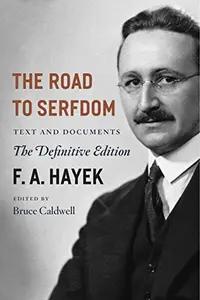
The Road to Serfdom
F.A. Hayek
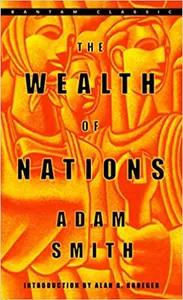
The Wealth of Nations
Adam Smith
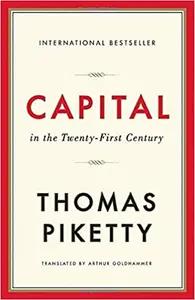
Capital In The 21st Century
Thomas Piketty
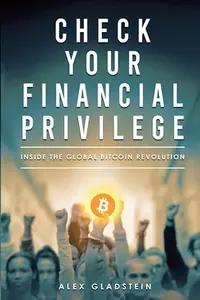
Check Your Financial Privilege
Alex Gladstein
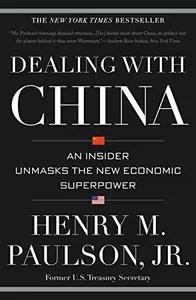
Dealing with China
Henry Paulson
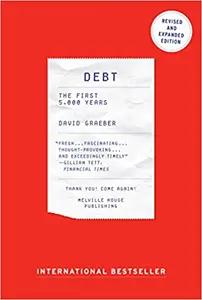
Debt
David Graeber
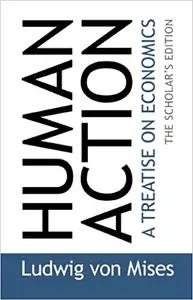
Human Action
Ludwig Von Mises
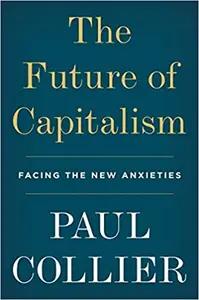
The Future of Capitalism
Paul Collier
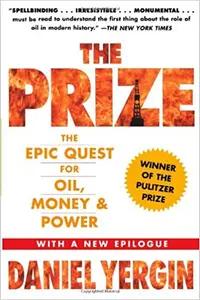
The Prize
Daniel Yergin
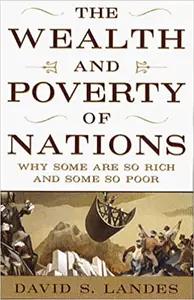
The Wealth and Poverty of Nations
David Landes
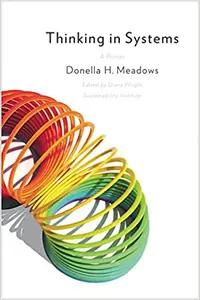
Thinking In Systems
Donella H. Meadows
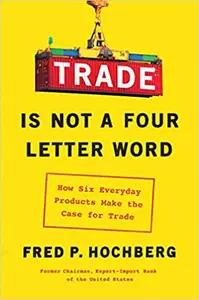
Trade Is Not A Four Letter Word
Fred Hochberg
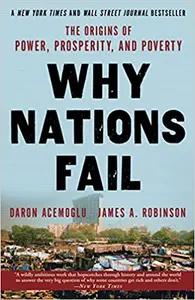
Why Nations Fail
Daron Acemoglu
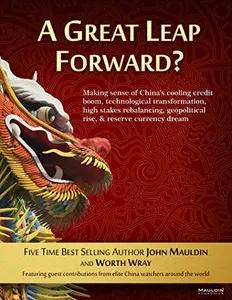
A Great Leap Forward?
John Mauldin & Worth Wray
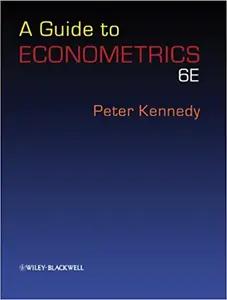
A Guide To Econometrics
Peter E. Kennedy
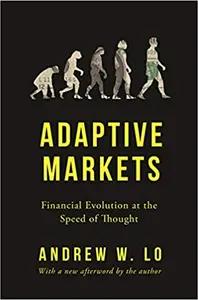
Adaptive Markets
Andrew Lo
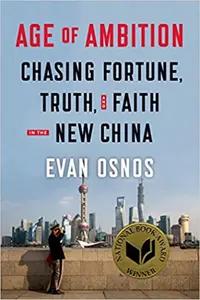
Age Of Ambition
Evan Osnos

An Apology for the Builder
Nicholas Barbon
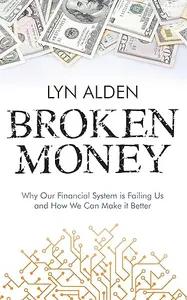
Broken Money
Lyn Alden
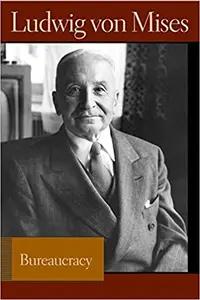
Bureaucracy
Ludwig Von Mises
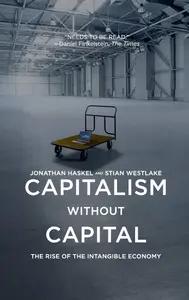
Capitalism Without Capital
Jonathan Haskel & Stian Westlake
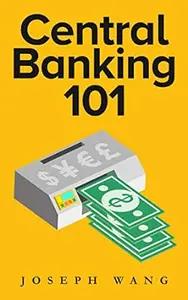
Central Banking 101
Joseph Wang
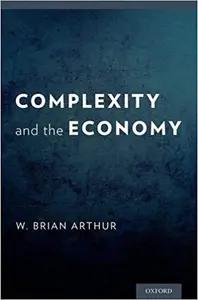
Complexity and the Economy
W. Brian Arthur
Popular Books Recommended by Great Minds 📚
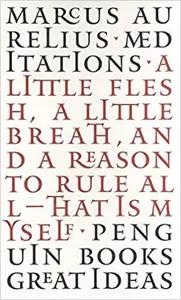
Meditations
Marcus Aurelius
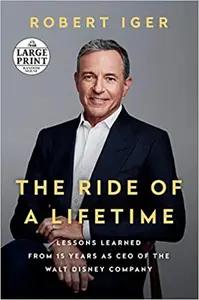
The Ride of a Lifetime
Bob Iger
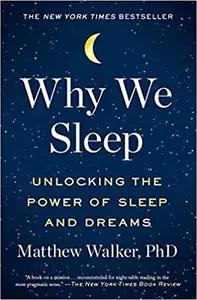
Why We Sleep
Matthew Walker
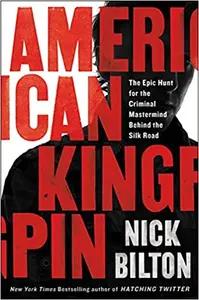
American Kingpin
Nick Bilton
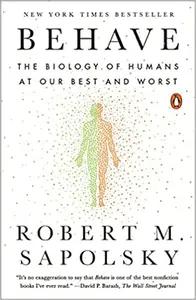
Behave
Robert Sapolsky
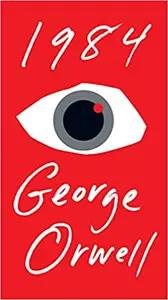
1984
George Orwell
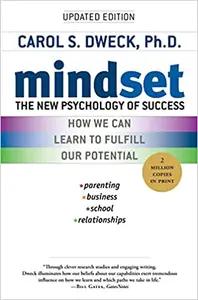
Mindset
Carol Dweck
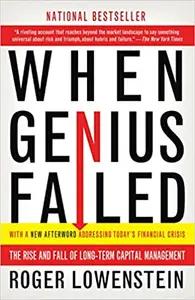
When Genius Failed
Roger Lowenstein

Economics in One Lesson
Henry Hazlitt
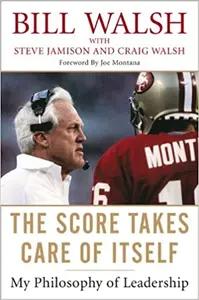
The Score Takes Care of Itself
Bill Walsh
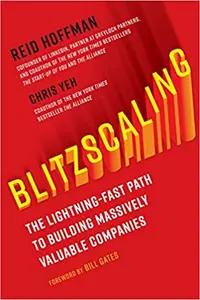
Blitzscaling
Reid Hoffman
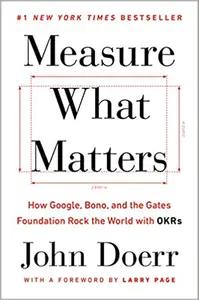
Measure What Matters
John Doerr
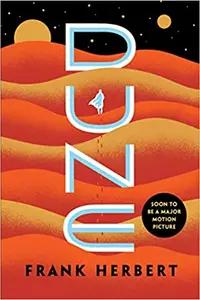
Dune
Frank Herbert
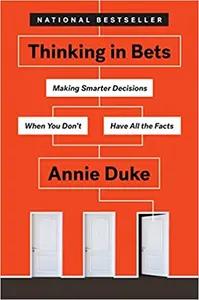
Thinking In Bets
Annie Duke
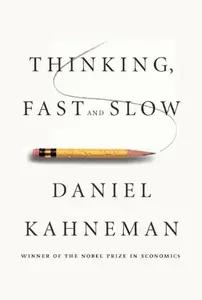
Thinking, Fast and Slow
Daniel Kahneman

The Ascent of Money
Niall Ferguson
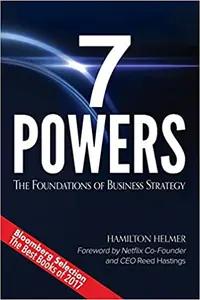
7 Powers
Hamilton Helmer

Titan
Ron Chernow
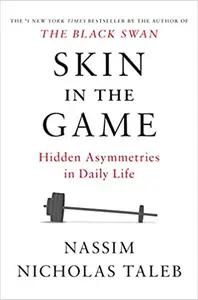
Skin In The Game
Nassim Taleb
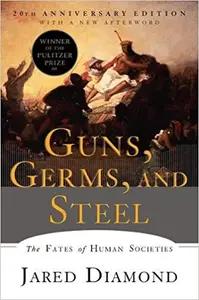
Guns, Germs, and Steel
Jared Diamond
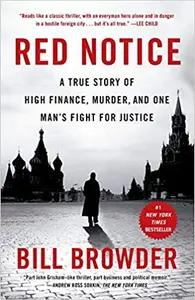
Red Notice
Bill Browder

Hillbilly Elegy
J.D. Vance
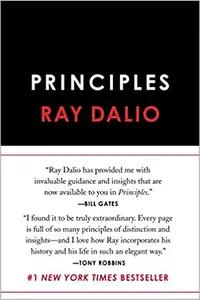
Principles
Ray Dalio
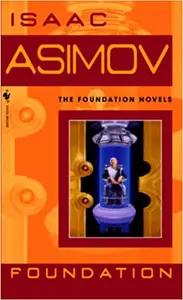
Foundation
Isaac Asimov
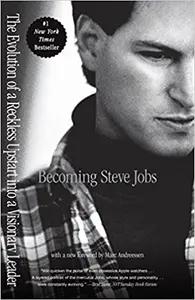
Becoming Steve Jobs
Brent Schlender
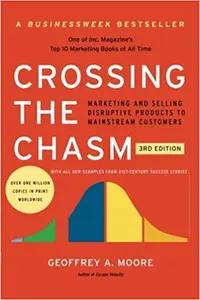
Crossing the Chasm
Geoffrey Moore
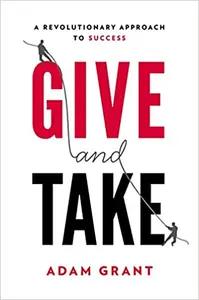
Give and Take
Adam Grant
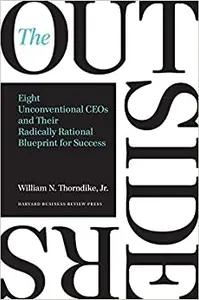
The Outsiders
William Thorndike
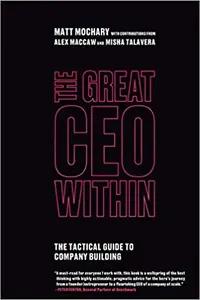
The Great CEO Within
Matt Mochary
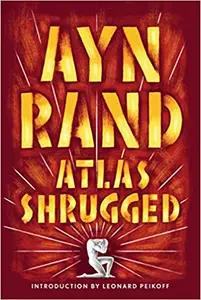
Atlas Shrugged
Ayn Rand